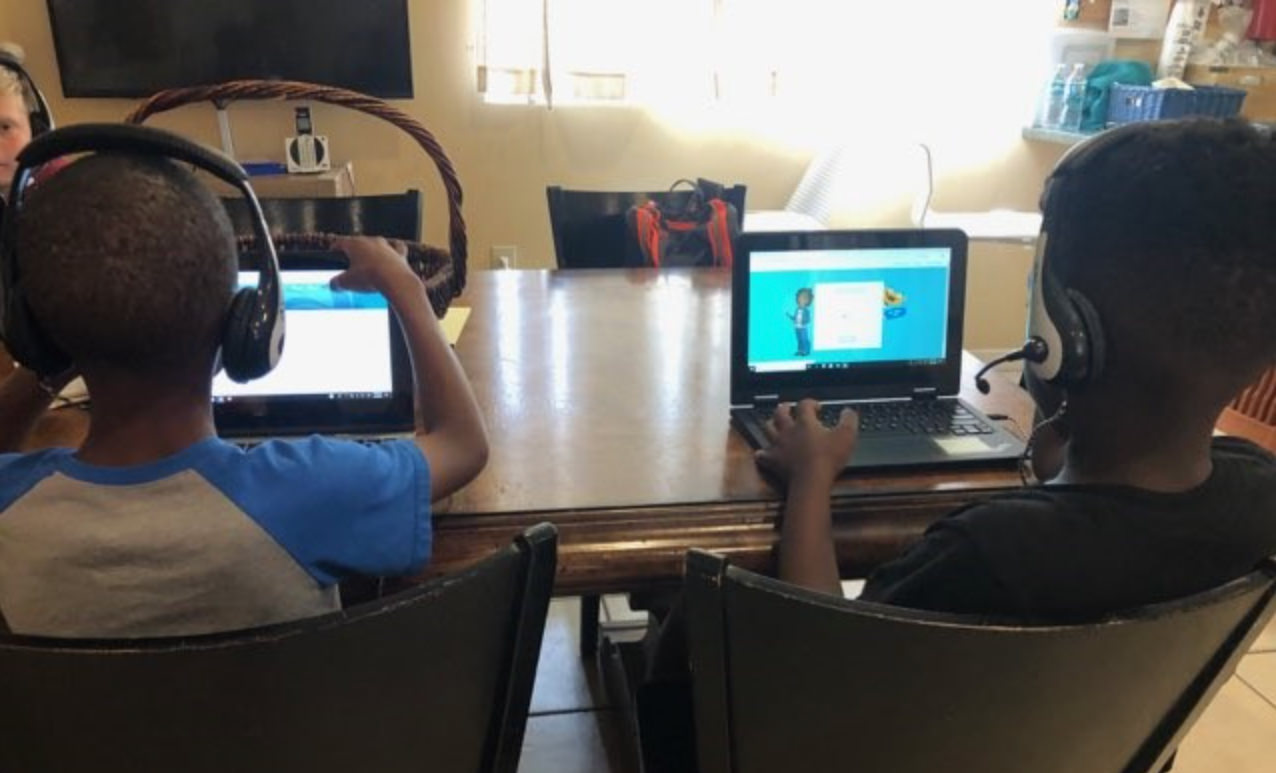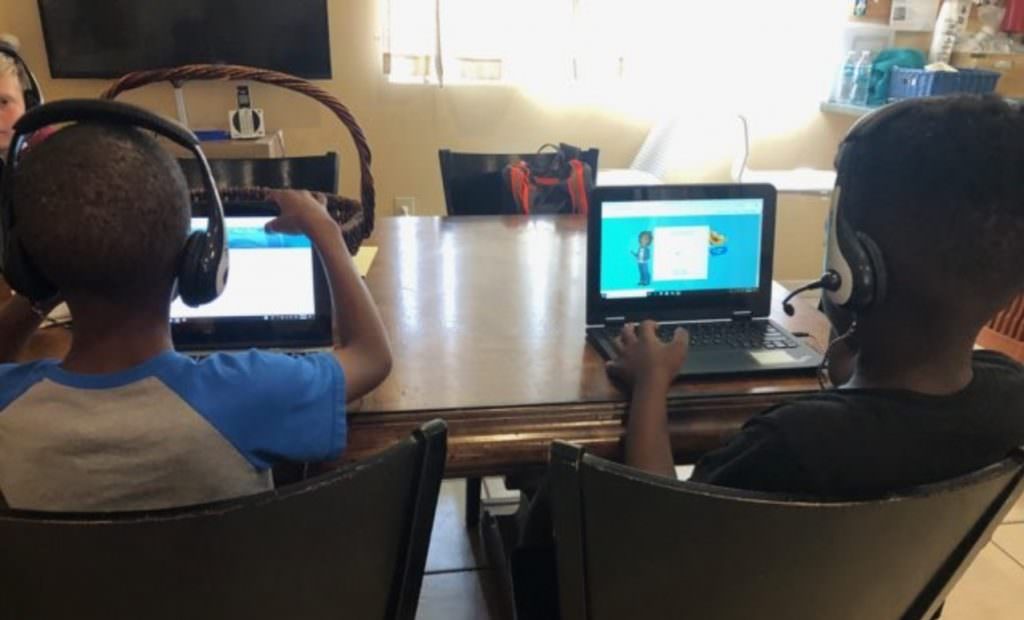The leadership team and members of Troop 1938 of the Girl Scouts put together 100 bags with treats for all our kids on campus for Halloween. We are very grateful for all their hard work and keeping our children close to their hearts.


The leadership team and members of Troop 1938 of the Girl Scouts put together 100 bags with treats for all our kids on campus for Halloween. We are very grateful for all their hard work and keeping our children close to their hearts.


Our faithful volunteers came together for a very sweet & delicious evening, thanks to the generosity of our Board Chair Alex Romillo, CEO of Health Choice Network, who hosted a Volunteer Appreciation Chocolate Tasting! We’re so grateful for the time our volunteers give and could not do what we do without them.

Indeed! Thanks to Angie and Dylan of Angie’s Epicurean for bringing their beautiful vintage ice-cream truck which was filled with gourmet, organic, plant-based ingredients, made and delivered with love!

What an amazing donation! We’re so blessed and grateful for the generosity of Adrian Colbert of the Miami Dolphins for all the new Adidas athletic shoes for our children. This definitely made their day!

Our newest faith-based partner, King Jesus Ministry, came together in fellowship and charity to provide new book-bags for our kids with all the school supplies ready for the first day of school!

In this amazing video, we see how our friends at Bean Automotive Group (Kendall & West Kendall Toyota and Kendall & West Kendall Lexus) came together with a variety of generous donations to fill the back-to-school needs of our children.

Crepe Maker came out and did a special presentation about the history of Crepes and cooked to order crepes for all who participated. What a special way to let our kids know they also can have cultural and delicious food as well.


Adapting to the challenges of COVID-19, our children were able to continue their education at home, learning virtually thanks to a great support team of donors particularly Delivering Better Lines (DBL). DBL provided a major gift to not only help improve the technology infrastructure on campus so all kids could have access to the internet, but also the ability to purchase thermal cameras so staff and kids can remain safe and healthy.


Thankful for the generosity of our friends from @1namechurch and @chickfilapembrokelakesmall for providing dinner for our children & staff and donating 50 gift cards towards our Christmas in July campaign!

EJ Martinez and his team from Power Pizza have provided hundreds of delicious pizza pies for all our children every Wednesday throughout the summer and into the fall of 2020. We are incredibly grateful for your consistent and faithful giving to our children!